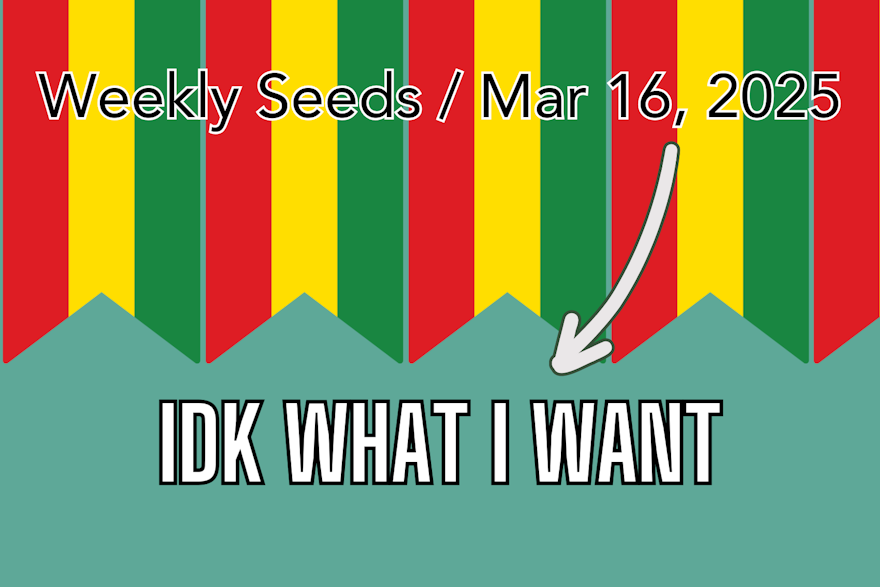Desire development is also a process of enculturation Throughout my experience at Love Burn I noticed how my desires were impacted by the culture the surrounded me- the outfits, the art, the participation, all converged to a single average burner experience. In perfect timing, I just finished reading Luke Burgis’ book Wanting: The Power of Mimetic Desire in Everyday Life (here’s the TLDR in podcast form). Mimetic Desire, a theory initially developed by French philosopher René Girard, focuses on how our wants are often shaped by what others desire. The theory in one sentence: I don’t know what I want, so I look around and try to decipher what I desire by noticing what others desire. The theory in a paragraph, pulled from the book: “After meeting our basic needs as creatures (food, shelter, security), we enter into the human universe of desire, and knowing what to want is much harder than knowing what we need… instead of internal biological signals, we have a different kind of external signal that motivate these choices- models. Models are people or things that show us what is worth wanting. It is models, not our objective analysis or central nervous system, that shape our desires.“ | 